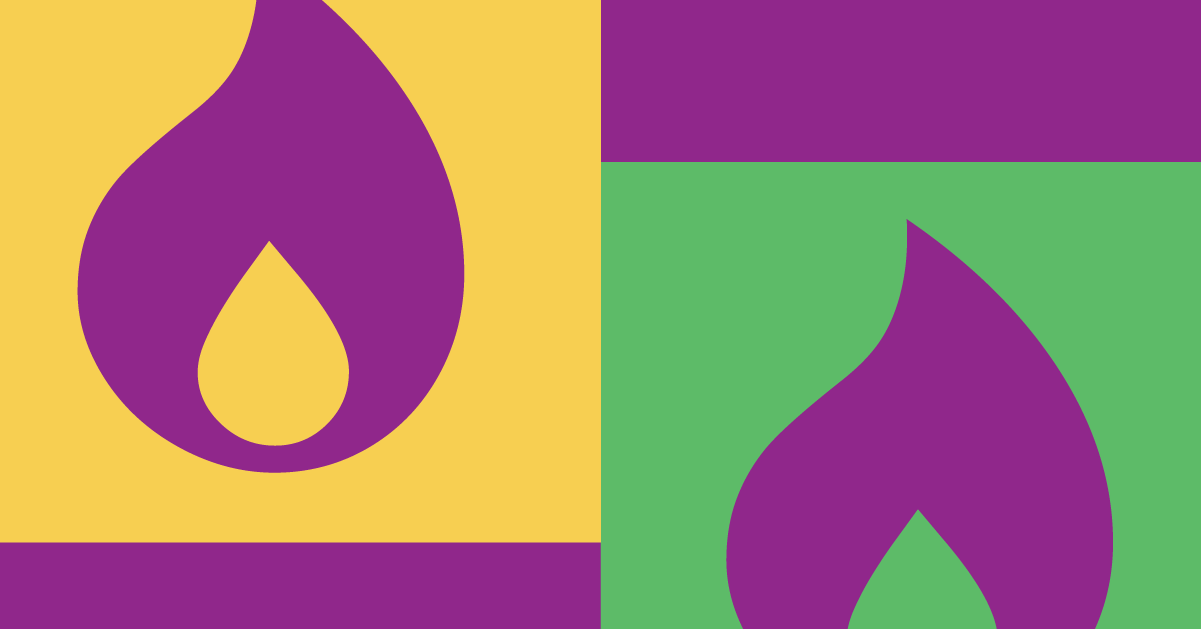Saudi Aramco Earnings: First Performance-Linked Dividend Raises Yield

Saudi Aramco 2222 reported second-quarter net income fell to $30.1 billion from $48.4 billion the year before largely on lower oil prices and volumes. Total hydrocarbon volumes decreased to 13.5 million barrels of oil equivalent per day from 13.6 mmboe/d last year. Free cash flow decreased to $23.2 billion in the quarter from $54.1 billion the year prior. Net debt fell to negative $44.2 billion from net debt of negative $32.7 billion at end-2022 as the gearing ratio fell to negative 10.5% from negative 7.9%. We maintain our fair value estimate of SAR 30.50 and wide moat rating for Saudi Aramco.
Aramco paid $19.5 billion in dividends during the first quarter, or $0.08 per share, an increase of 4% from the previous year and implying a 4% yield. Aramco will pay the same dividend next quarter. Aramco also paid its first performance-linked dividend of $9.9 billion in the quarter. The program will return 50%-70% of annual free cash flow, net of the ordinary dividend and certain external investments, to shareholders. The added variable component is positive as it brings Aramco’s payout policies, and likely its yield, more in line with globally integrated peers while allowing shareholders to share in the upside from higher oil prices.
Capital spending in the quarter amounted to $10.5 billion, an increase from $9.4 billion the year prior, as the company undergoes the largest capital spending program in its history with the aim of increasing production capacity and expanding its refining business. The company believes demand for oil and gas will remain strong over the medium- to long term and is investing accordingly.
The author or authors do not own shares in any securities mentioned in this article. Find out about Morningstar’s editorial policies.


/cloudfront-us-east-1.images.arcpublishing.com/morningstar/LE5DFBLC5VACTMC7JWTRIYVU5M.jpg)
/cloudfront-us-east-1.images.arcpublishing.com/morningstar/PJQ2TFVCOFACVODYK7FJ2Q3J2U.png)
/cloudfront-us-east-1.images.arcpublishing.com/morningstar/KPHQX3TJC5FC7OEC653JZXLIVY.jpg)